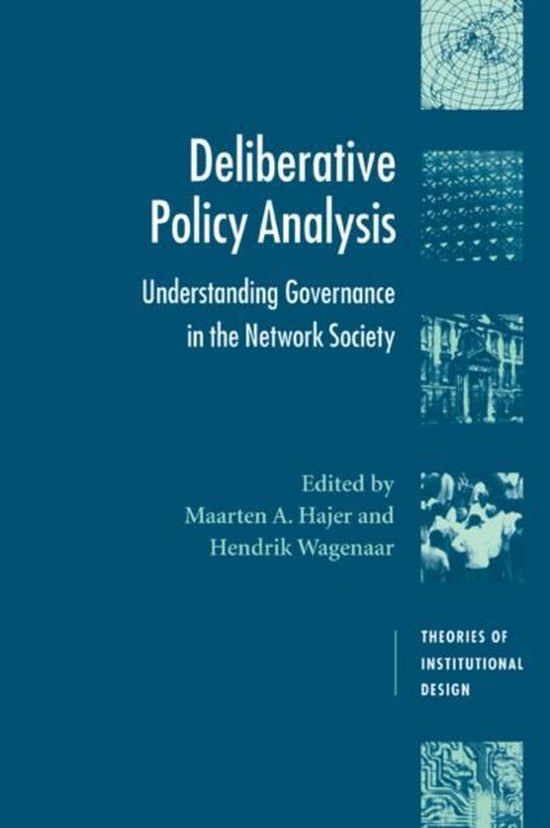
Deliberative Policy Analysis
-
AuteurHajer, Maarten A.
- Uitgeverij-
- Jaar-
'Deliberative Policy Analysis' by Maarten A. Hajer is a groundbreaking exploration into the intersection of policy analysis and deliberative democracy. This book, with its ISBN 9780521530705, delves deep into the methodologies and practices that can bridge the gap between technical policy analysis and the democratic need for public deliberation. Hajer's work is pivotal for scholars, policymakers, and students interested in understanding how deliberative processes can enhance policy-making in complex, modern societies. The book meticulously examines case studies, theoretical frameworks, and practical tools for implementing deliberative policy analysis, making it an indispensable resource for anyone looking to foster more inclusive and effective policy outcomes.